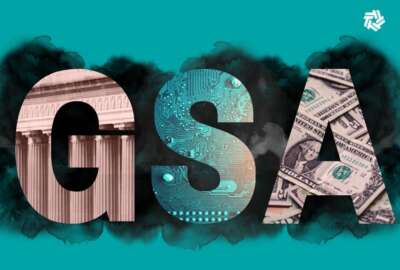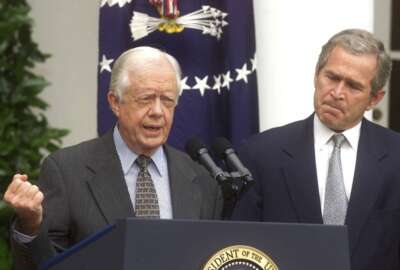Federal benefits changes often follow state, private-sector plans
State and local governments are either pulling back on pensions, or stopping them completely — and private sector employers have pretty much eliminated them.
wfedstaff | June 4, 2015 6:15 pm
Your federal pension’s future could be looking a little rough.
State and local governments are either pulling back on pensions, or stopping them completely &mdah; and private sector employers have pretty much eliminated them.
This could be a bad omen for federal benefits, some experts say, because changes to the federal workforce often follow provisions that have been put in place by the states or private companies.
Tammy Flanagan, the senior benefits director at the National Institute of Transition Planning, joined In Depth with Francis Rose to discuss how some changes — both good and bad — to state and private-sector plans have spilled over to federal benefits.
Flanagan cited COBRA benefits as one example of a program begining in the private-sector before being expanded to federal employees. The 1986 COBRA law required most private group health plans to provide a temporary continuation of health coverage even if the employee lost his or her job, for example.That benefit wasn’t expanded to the Federal Employee Health Benefits program until four years later.
That pattern has continued to this day, Flanagan added, with the launch of the Roth TSP. Roth options for private-sector 401(K) plans have been available for some time. The federal option is slated to launch in the next few months.
Copyright © 2025 Federal News Network. All rights reserved. This website is not intended for users located within the European Economic Area.





